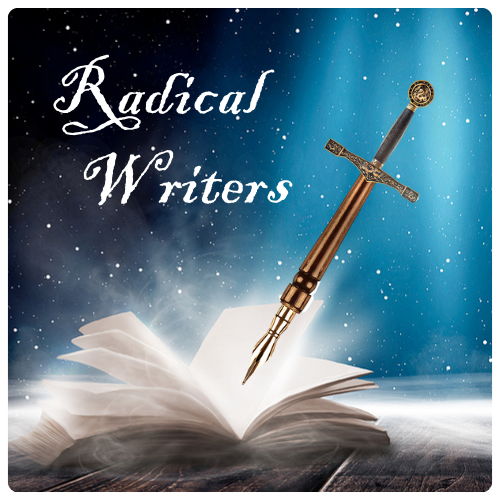
Do you have a writing rhythm? What does that even mean? Most successful writers need a writing rhythm, though it differs. Like tastes in music, no one rhythm fits every writer. Still, understanding your personal writing rhythm can help with experiencing more productive days. Let’s look at some various options and see which fits your personality best.
Morning writing rhythm
I used to hear conference speakers and teachers talk about waking up early to write before work. Great idea. Except, when I wake up, I need one to two hours before my brain feels engaged. And crawling out of bed at 4:00 a.m.? Yeah. Not. I am not one who goes to bed at 8:00 or 9:00 p.m., so the idea of waking up four or five hours after a fell asleep? Not happening. I am not someone with a morning writing rhythm.
Does the time of day you choose to write matter? It does if you choose a time other than peak mental and physical hours. Most people fall into morning peeps or night owls. Choosing the opposite of your natural bent assures failure to produce quality writing in most cases. Stick to what feels natural.
Night owl writing rhythm
On many occasions, I finished dinner, did whatever else, and sat down to write at 9:00 p.m. I often fell into a groove, words flowed, and looking up, I chided myself for staying up until 1:00 a.m. But I always felt good about the amount and quality of writing on my laptop.
In the same way I can’t write at 4:00 a.m., morning peeps look at a computer screen around 9:00 p.m., only to have eyes blur and fill with water. Don’t try to be a night owl if you become a pumpkin long before midnight.
Frequency of writing rhythms
Many “experts” say, “Write every day.” I agree with the benefits of daily writing. You stay in the story, self-discipline grows, you achieve progress, and more than I have room for in this blog.
Reality check. Life happens. With a full-time job, family, friends, and more responsibilities than anyone needs, sometimes we can’t write daily. Give yourself permission for that to be okay. Not all of writing means sitting at the computer typing in words. If you think about your story, plot it in your mind, consider what should happen next, you engage your mind in non-word-producing writing.
I once heard Vonda Skelton say her traveling schedule prevented her from writing, so she set a weekly word-count goal. That worked for her. We may have one or two days where we sit and let words flow because we thought about them the rest of the week. Let your writing rhythm match your lifestyle. You still produce but without feelings of guilt because you didn’t do it like everyone else.
The flow of writing rhythms
Rhythm implies a flow. Have you ever sat down, started writing and the words simply filled the page? You looked up and for a split second wondered, “Where am I?” Hopefully you experienced that at least once in your life. I guarantee, it doesn’t happen all the time.
More times than not, I write. stutter around a minute. Write a bit more. Then, like the writer in The Lost City, delete, delete, delete, deletttttttteeeeee. Yeah. We all experience that one. Today, while working on an article, I wrote two or three paragraphs. Got up for more water. Wrote a paragraph. Took a bathroom break. Wrote a few more paragraphs. Walked around for a minute. Finally, I settled in and wrote until I finished. Some writing rhythms require a BIC (butt in chair) approach, knowing you may need to edit tomorrow.
Flows come and go. Learn to accept that truth, and don’t let it keep you from writing. Schedule times for writing and make those times priority. Whether or not we like that approach, as humans we may need it. Perhaps as we better determine our natural rhythms, we experience less times when we force it.
What’s your writing rhythm? If you have suggestions for discovering and working within those rhythms, feel free to share it in the comments.
